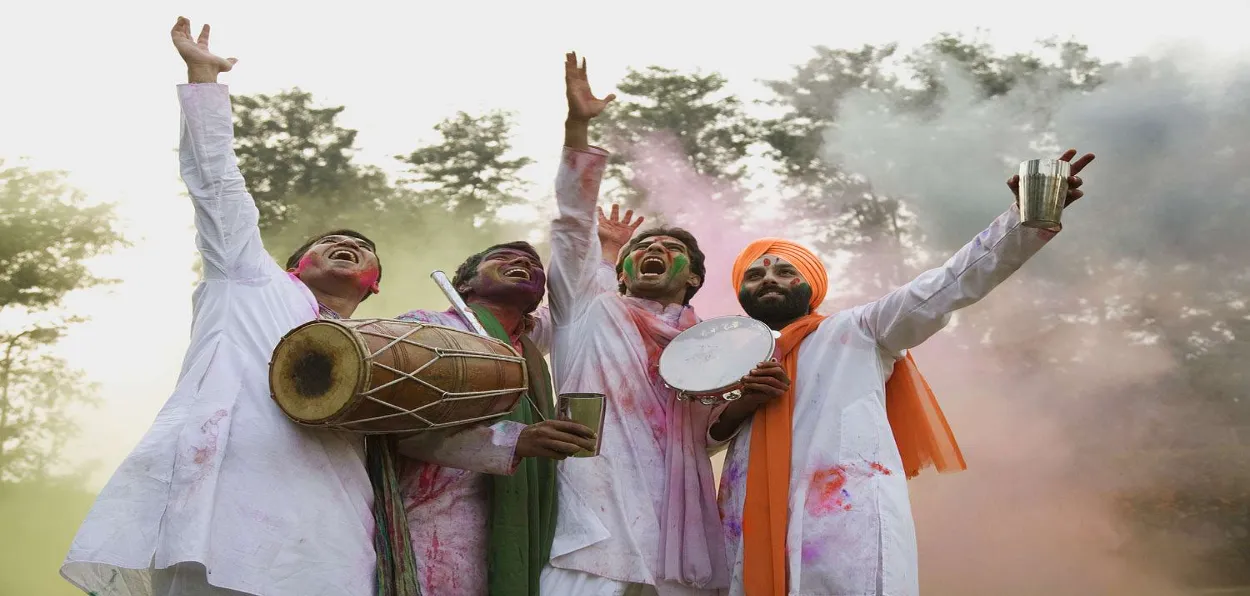
Shomaila Warsi
While Holi is primarily a Hindu festival, it has been celebrated in India for centuries, and many Muslims in the country also participate in the festival. Thus, Holi can be seen as a symbol of Hindu-Muslim unity in India, an epitome of Ganga-Jamuni tehzeeb.
Indian Muslim youth in schools, colleges, and universities should celebrate Holi, not only because it is a fun-filled and colorful festival but also because it promotes unity and brotherhood among people.
Holi is a secular festival that is celebrated by people of different religions and castes in India. It is a time when people come together forgetting their differences to celebrate the joy of life. Participating in Holi celebrations can be a great way for Indian Muslim youth to connect with their Hindu, Sikh, and other friends and classmates, and to strengthen their bonds of friendship and camaraderie.
Holi festival traces its origin to the story of Holika and Prahlad. According to this legend, there was a powerful king named Hiranyakashipu, who was blessed with powers that made him invincible. However, his son Prahlad was a devotee of Lord Vishnu and it enraged the king.
He ordered his sister, Holika, who was immune to fire, to take Prahlad into a bonfire so that he is burnt alive. To everyone's surprise, Holika was burnt to ashes, and Prahlad emerged unscathed, protected by the grace of Lord Vishnu.
Holi is celebrated in many parts of India with great enthusiasm and inclusiveness, regardless of one's religion or caste. During Holi, people come together to throw colors and water on each other, share sweets and delicacies, and celebrate the joy of life. The festival provides an opportunity for people of different faiths to come together and celebrate their common humanity.
The celebration of Holi by Muslim rulers and their subjects in the past is evidence of the festival's cultural and social significance beyond religious boundaries.
The Mughal emperors, who were Muslim rulers of India from the 16th to the 19th century, are known to have celebrated Holi. Emperor Akbar, who was known for his religious tolerance, is said to have participated in Holi celebrations with his Hindu subjects. His son, Emperor Jahangir, also celebrated Holi with great enthusiasm.
Similarly, the Nawabs of Awadh, who were Muslim rulers of the Awadh region in northern India, are also known to have celebrated Holi. The Nawabs were known for their cultural patronage, and they supported various forms of art and entertainment, including Holi celebrations.
ALSO READ: Holi: Don’t miss the celebrations here!
In today’s times celebrating Holi can be an opportunity for Indian Muslim youth to learn more about the festival's cultural and historical significance. Holi has a rich mythological and cultural background, and learning about its legends and stories can help foster a sense of respect and appreciation for India's diverse cultural heritage.
Shomaila Warsi teaches Politics and International Relations at Maharaja Agrasen College, Delhi University.
